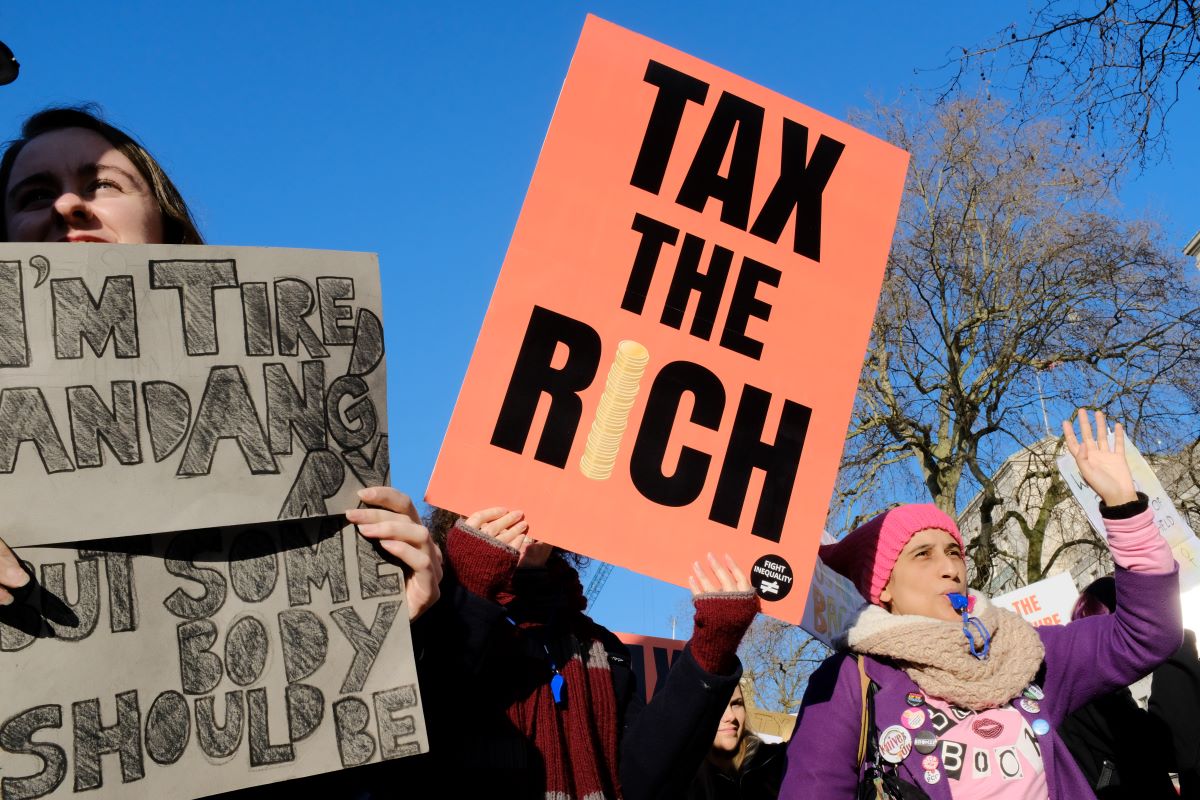Facing a staggering £40 billion tax gap, the UK grapples with tax evasion while the G20 eyes an unprecedented global tax on billionaire wealth to bridge economic divides. Here’s the full story.
UK Faces £40bn Tax Gap

The UK is facing a significant challenge as its tax gap – the difference between the amount of tax expected and the actual tax collected – has surged to £40 billion for the 2022-23 financial year.
Persistent Tax Issues
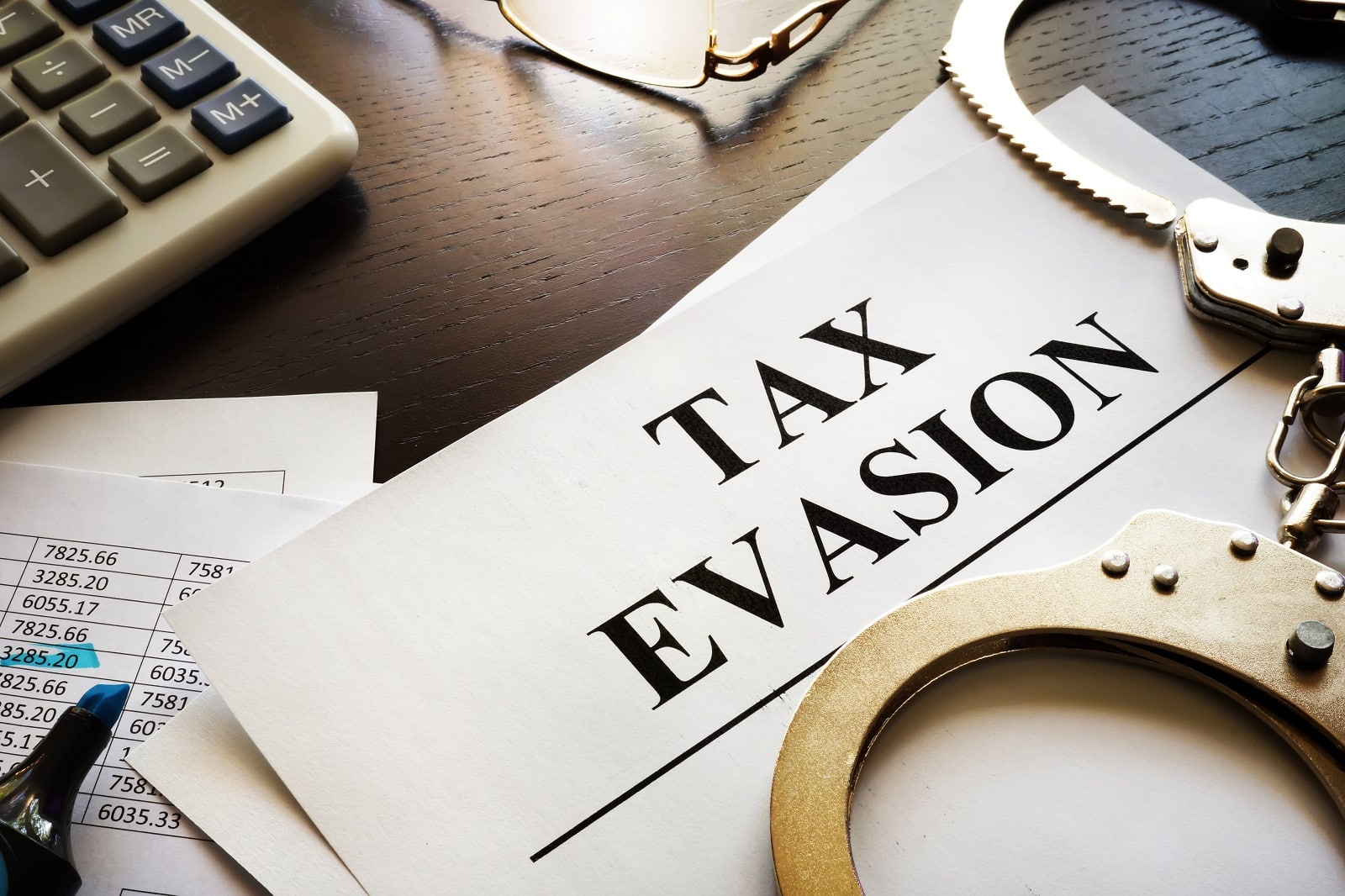
This shortfall represents 4.8% of the theoretical tax revenue and highlights persistent tax avoidance and evasion issues. HM Revenue and Customs (HMRC) reported an increase from the previous year’s £38.1 billion, intensifying pressure on the Labour and Conservative parties to address tax compliance effectively.
“Seriously Underestimated” Shortfall

Tax expert Richard Murphy told the Guardian that the figures “seriously underestimated” the sheer amount of money not being collected by the taxman, suggesting the real gap could be closer to £100 billion.
Labour’s Election Pledge

Labour has pledged to tackle tax avoidance more aggressively if it wins the next election. Shadow Chancellor Rachel Reeves announced plans to reduce the tax gap by £5 billion by investing £555 million in HMRC resources and modernization efforts.
Targeting Wealthy Individuals

The party’s manifesto includes measures to close the carried interest loophole, increasing taxes on profits from private equity from a capital gains rate of 28% to an income tax rate of up to 45% plus national insurance. Labour also proposes adding VAT to private school fees, potentially generating significant additional revenue.
“Need for Radical Change”

However, critics argue that these measures will not address the core issues. Rachael Griffin, a tax expert at Quilter, stated, “The stability of the tax gap over recent years underscores the need for radical change to ensure that the public coffers are refilled following this difficult economic period.”
Challenges of Quick Fixes
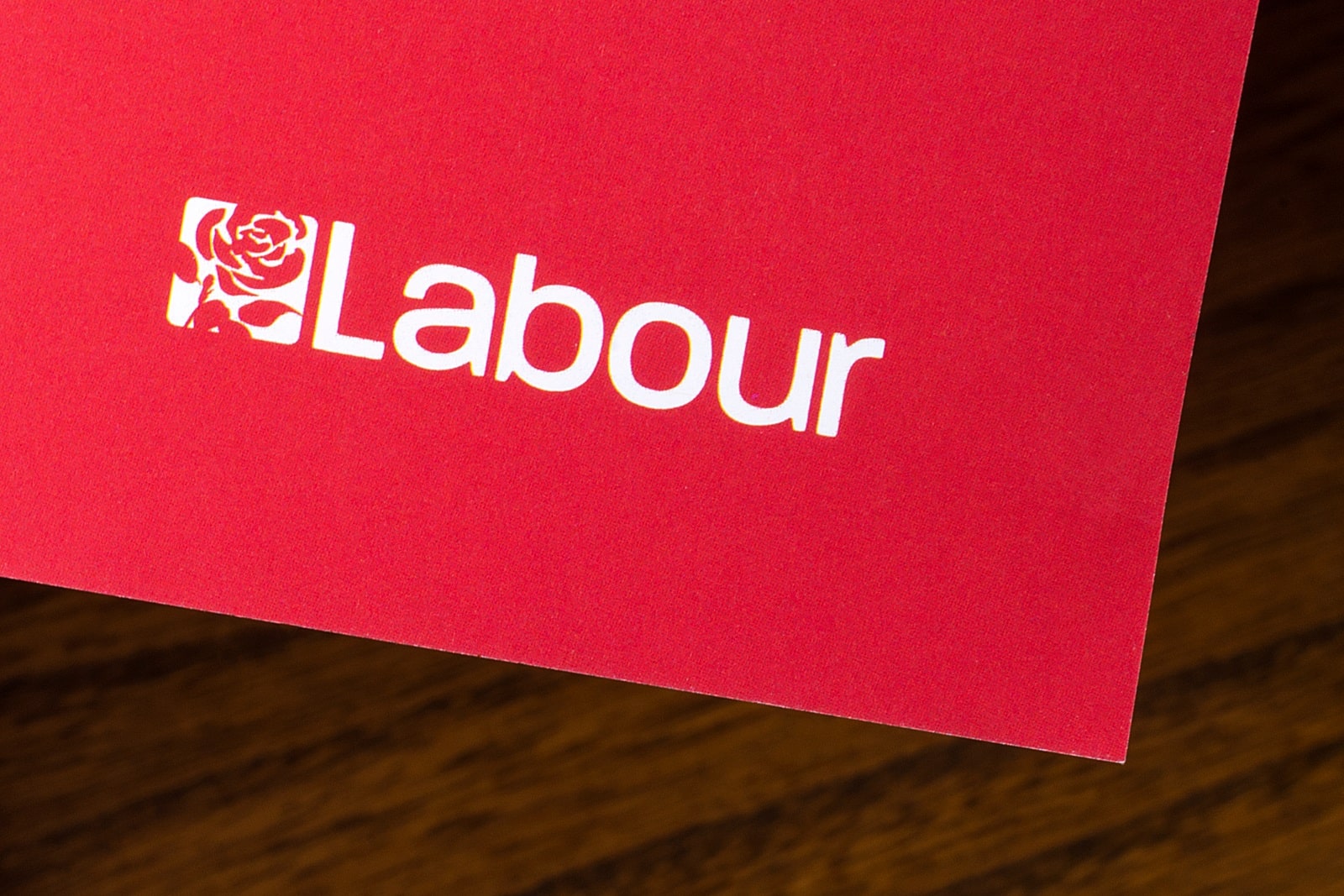
She added, “If Labour does win the general election, then unlocking additional tax revenue from fixing the leaking system is certainly possible, but whether it’s realistic in a short time frame is less likely.”
Global Tax on Billionaires

Amidst the domestic tax challenges, an international proposal to tax the wealth of billionaires has gained traction, spearheaded by French economist Gabriel Zucman. Commissioned by Brazil for the G20, Zucman’s report suggests that a global tax on the 3,000 billionaires worldwide could generate up to $250 billion annually.
“Overwhelming Public Support”
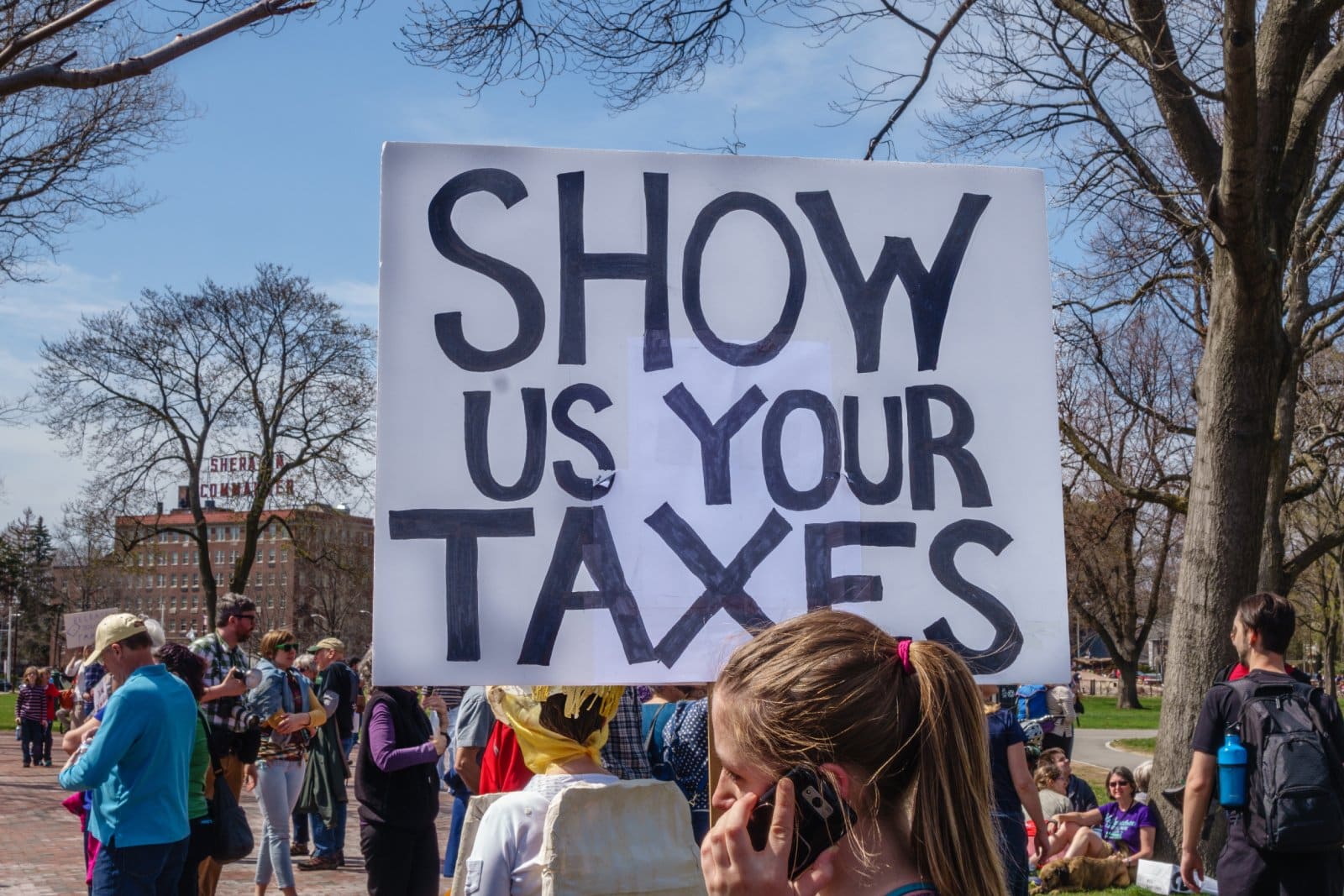
Zucman highlighted the growing wealth disparity, noting that billionaires pay an average tax rate of just 0.3% on their wealth, significantly lower than the rates paid by workers. He argued that a global wealth tax could be implemented successfully, even if not all countries participate.
Utopian Idea Realized
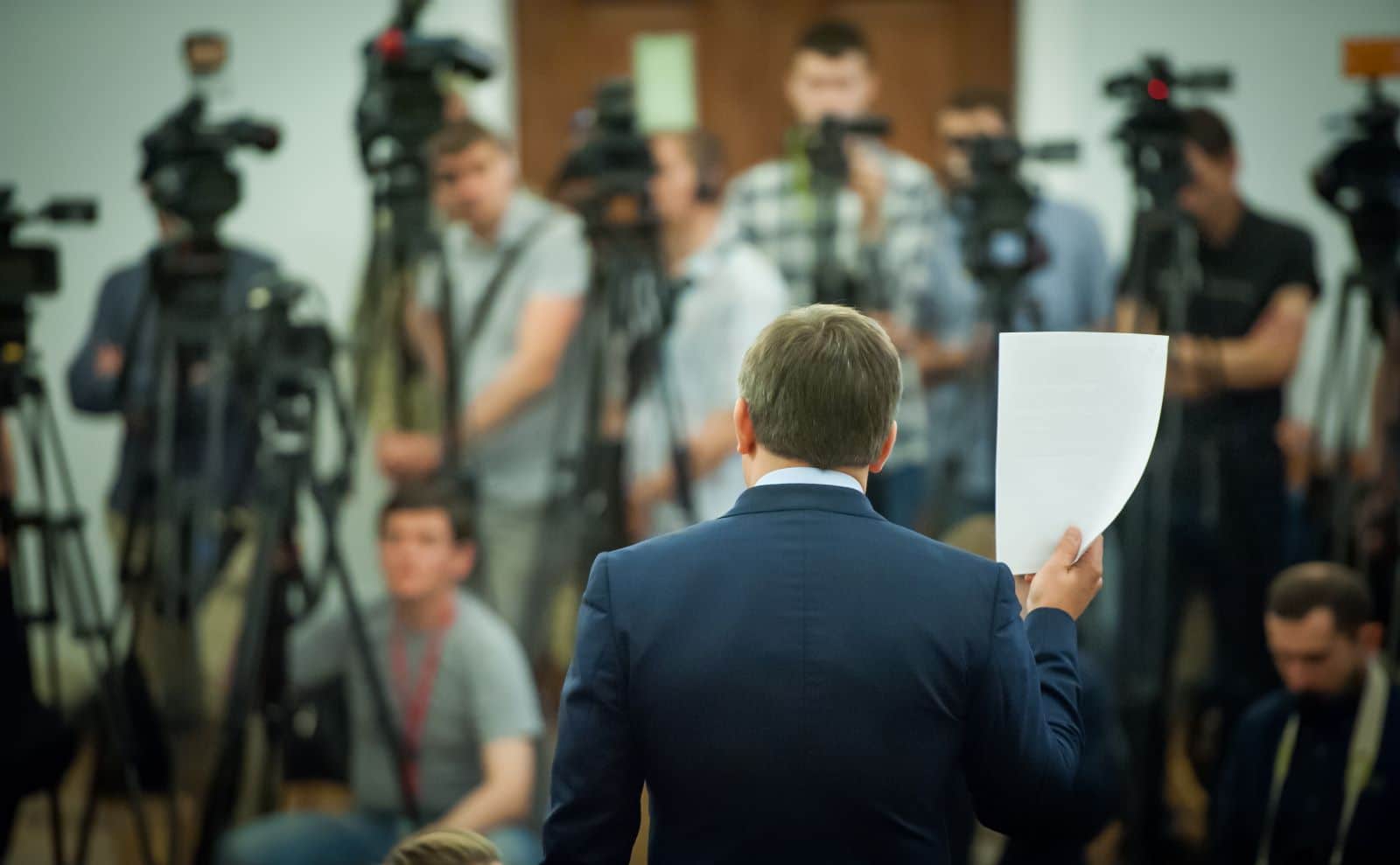
Zucman stated, “There is overwhelming public support for this idea. Ten years ago nobody believed 130 countries would support a minimum tax on multinationals. It was thought of as utopian.”
G20 Consensus on Taxation
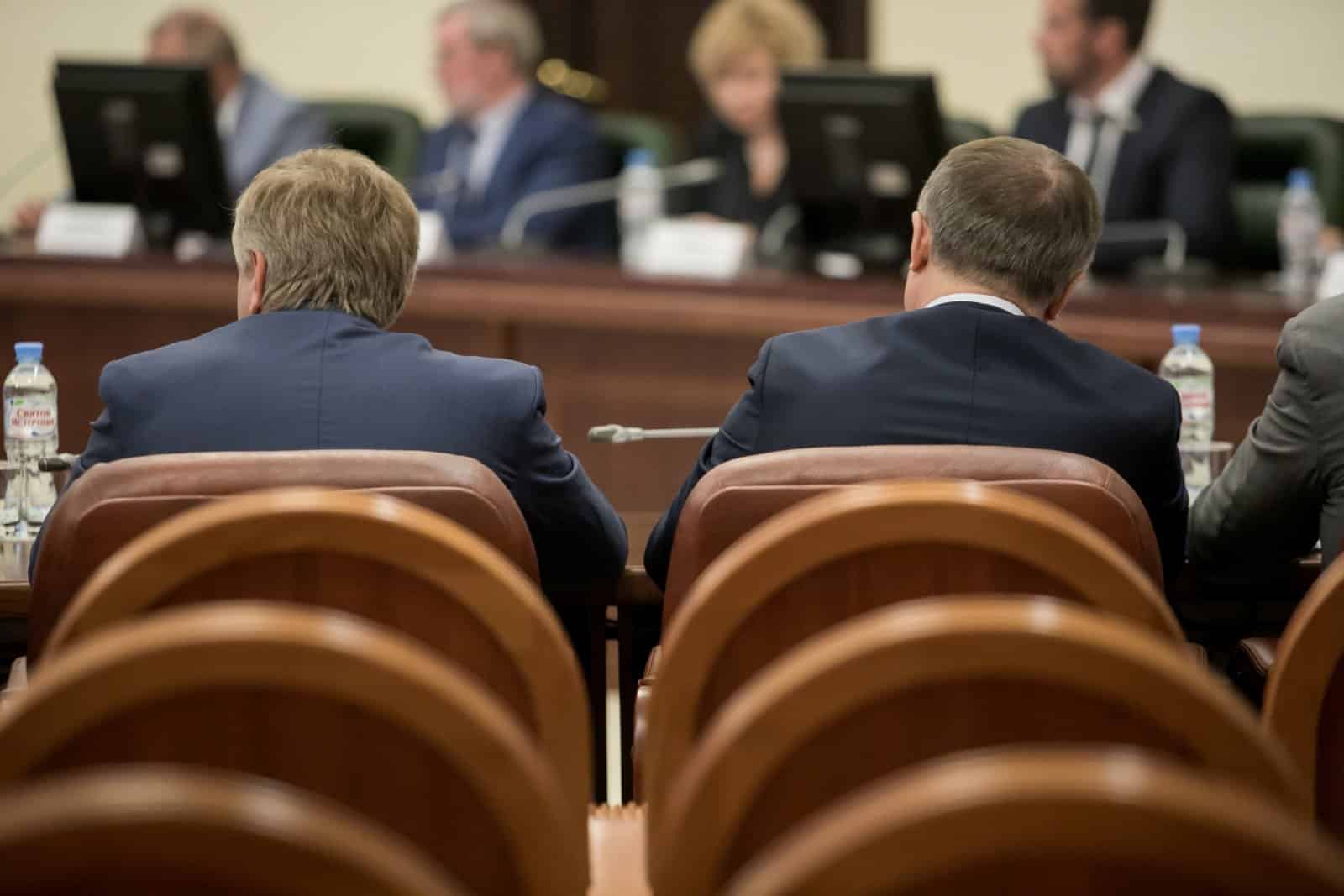
The G20’s upcoming meeting in Rio de Janeiro will discuss Zucman’s proposal, reflecting a growing international consensus on addressing wealth inequality. The plan aims to prevent a “race to the bottom” in tax policies, where countries compete to offer the lowest tax rates to attract wealthy individuals and corporations.
Broad Support for Tax Plan

Zucman’s report has received broad support, with Amitabh Behar of Oxfam stating, “This is a sensible and serious proposal that is in every government’s strategic economic interest. All G20 countries should support Brazil’s push to secure the first-ever global deal to tax the super-rich.”
Challenges Ahead for Implementation

Despite the technical feasibility of a global billionaire tax, several challenges remain. The United States, under President Joe Biden, has shown resistance to such an initiative, although the President’s domestic proposals to increase taxes on the super-rich align with Zucman’s principles.
Need for Global Cooperation

Implementing a global tax requires significant international cooperation and agreement on enforcement mechanisms to ensure compliance and prevent capital flight to non-participating jurisdictions.
Insights for UK Reforms

For the UK, grappling with its tax gap, the discussions at the G20 offer insights into potential reforms that could be applied domestically. Ensuring that the wealthiest individuals and corporations pay their fair share could help reduce the tax gap and increase public revenues.
Need for Broader Reforms

While a step in the right direction, Labour’s proposed measures may need to be supplemented by broader reforms that address tax avoidance across all sectors.
Critical Need for Reforms

The convergence of domestic tax challenges and international proposals for a global wealth tax underscores the critical need for comprehensive tax reforms. In the UK, addressing the £40 billion tax gap will likely be an arduous task as, despite overwhelming support for taxing the ultra-rich, they have outsized influence over British political life.
Global Push for Fairer Taxation
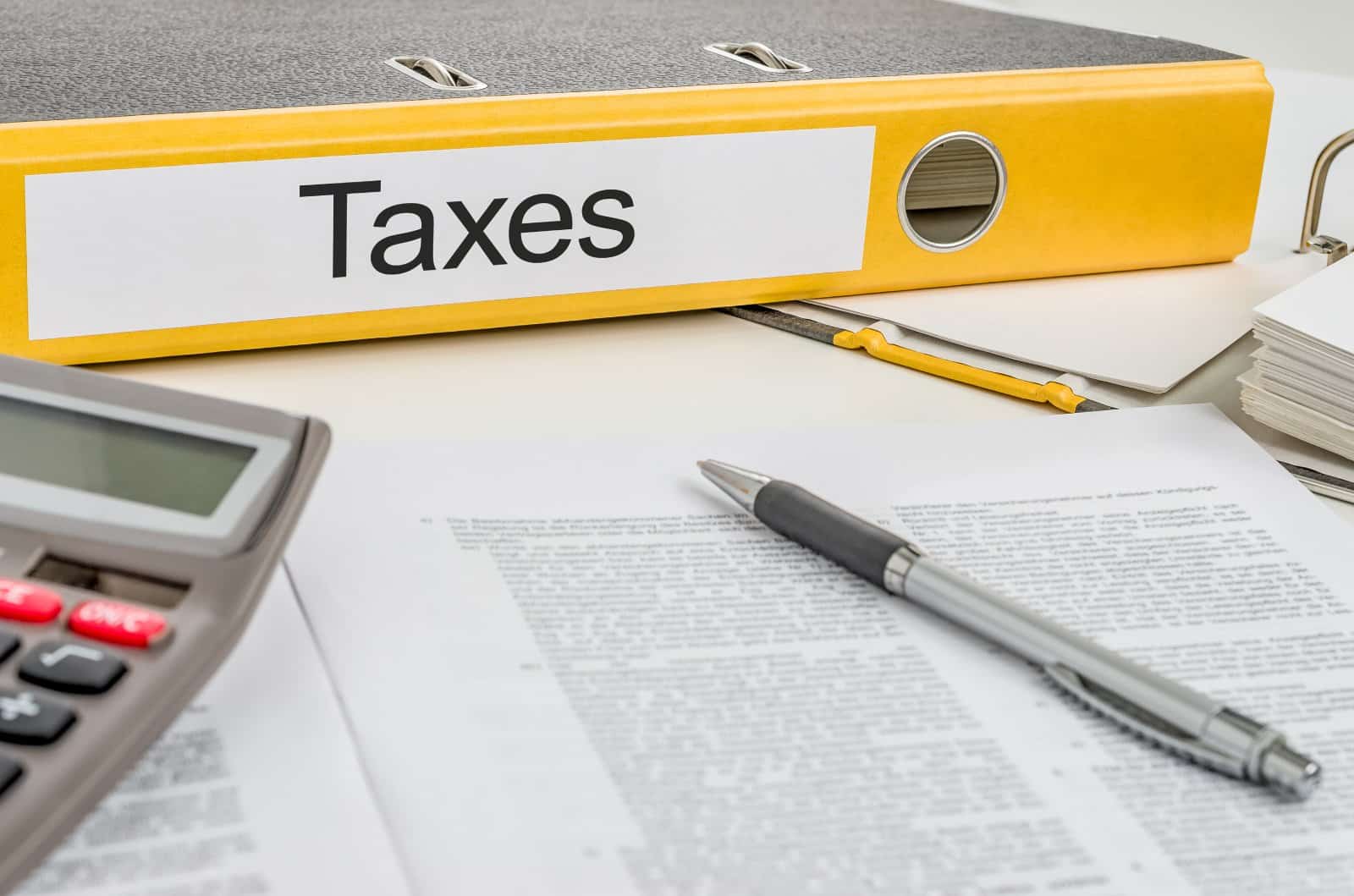
On the global stage, the proposal to tax billionaires represents a bold step towards reducing wealth inequality and ensuring fairer economic systems.
Future of UK Tax Schemes

However, it remains to be seen whether the tax gap and growing public pressure to make sure the rich pay their fair share will lead to any changes in the UK’s tax schemes following the election.
The post Tax Trouble Ahead: £40BN Gap Threatens UK as G20 Targets Billionaires first appeared on Now Buzz.
Featured Image Credit: Shutterstock / BradleyStearn.

